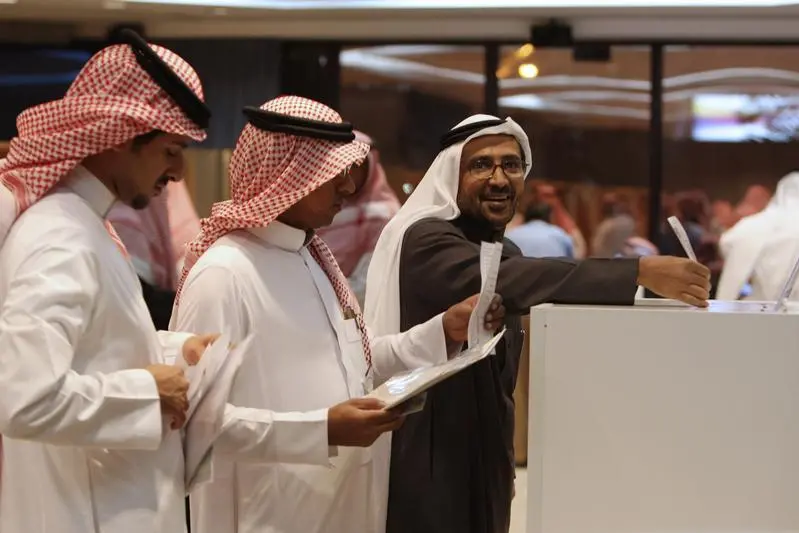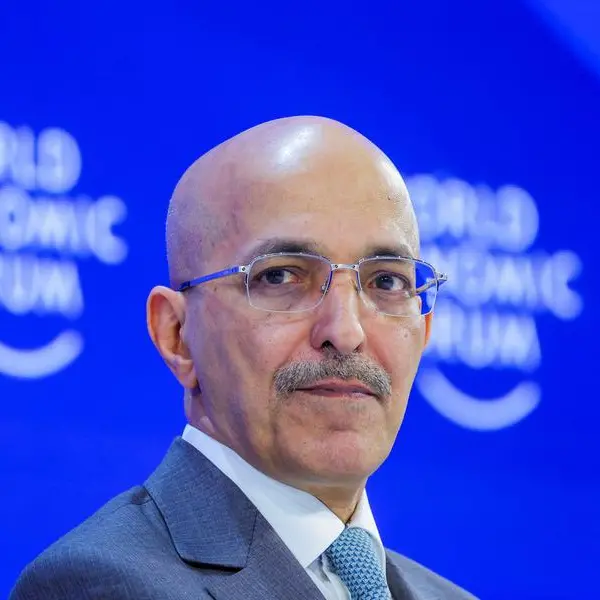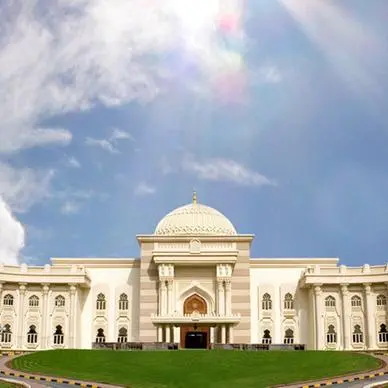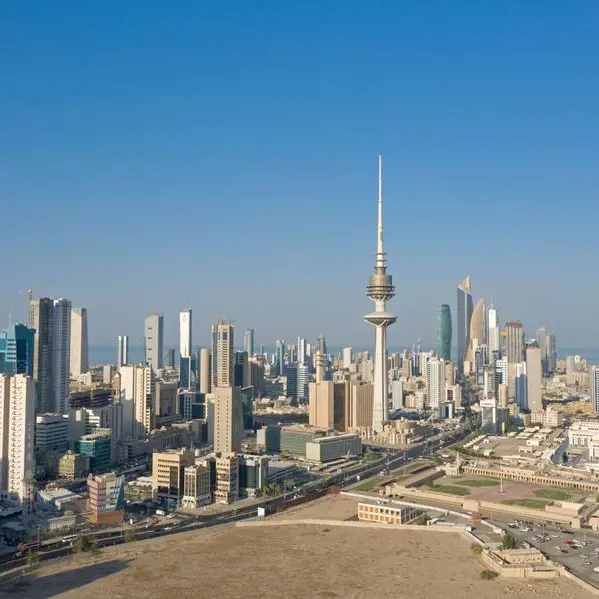PHOTO
Speaking in an exclusive interview at the Defense and Security Equipment International (DSEI) trade fair in London, Ahmed bin Abdulaziz Al-Ohali set out his vision for the future of domestic military spending, and talked up the importance of investing in the country’s R&D sectors.
Al-Ohali admitted that reaching the goal of domestic defense production accounting for 50 percent of the Kingdom’s military spending by 2030 was “challenging but doable,” as he argued that work undertaken to improve internal supply chains would soon see benefits.
He said: “In less than four years, we have doubled the localization rate from less than 4 percent to over 8 percent in 2020.”
“When we look at our licenses and license applications, we see great enthusiasm from local companies, which is encouraging,” he added. “The 50 percent localization goal is challenging but achievable, I would say.”
Saudi Arabia is investing heavily in its defense industries to reduce reliance on imported military hardware as well as add higher value jobs in the Kingdom.
The number of licensed companies in Saudi Arabia’s military sector rose sharply in the first half of the year, according to GAMI data.
It reported a 41 percent increase in licensed companies to reach a total of 99 — 85 percent of them local companies. More than half (55 percent) were granted to operating companies while military services providers accounted for 24 percent and product suppliers accounting for the rest.
Upskilling Saudis
Al-Ohali admitted that one of the areas that needs improvement in order to hit the 50 percent target is upskilling the domestic workforce.
“The defense industry is expected to create approximately 100,000 jobs by 2030; 40,000 of which will be directly created jobs,” he said, adding: “The success of our strategy will depend heavily on ensuring a sector that is sustainable.”
“To ensure sustainability, all our stakeholders will need to come together to form a healthy ecosystem, including research centers, universities, academic institutions, public and private institutions,” he said.
“We have a vision to establish partnerships with academic institutions to close the local skills gap in areas like engineering and skilled craftsmanship,” said Al-Ohali.
R&D spending
GAMI’s current plan sees R&D accounting for 4 percent of armaments expenditure by 2030, but Al-Ohali was relaxed about that figure growing as Saudi Arabia seeks to keep its place as “one of the top defense players in the world.”
“One of the most important aspects of R&D is that it helps nations achieve efficiency in spending,” he said. “We invest money and resources in R&D to be able to spend better.”
He added: “By enhancing a strong R&D ecosystem and utilizing our young, well-educated population, we will soon become a supplier to other nations.”
Foreign investors
Despite a desire to move 50 percent of defense spending inside the Kingdom’s borders, Al-Ohali is clear that working with other governments will help GAMI achieve its ambitions.
Last month, GAMI invited local and international companies to benefit from a number of military projects as well as launching a digital platform for investors to access local military industry.
The authority has identified 74 investment opportunities, across six domains of the military industries sector.
It has launched a digital platform called the Military Industry Marketplace (MIM) that links local industry projects with investors that are authorized and licensed by the authority.
While he was unable to give an “exact amount” of how much of the spending will be through joint ventures, he said: “The Kingdom is open to establishing strategic partnerships and joint ventures. More important is getting the right technologies.”
“Foreign companies can now have 100 percent ownership of their investments and they will be treated with the same rights, duties, and obligations as the Saudi companies.”
Copyright: Arab News © 2021 All rights reserved. Provided by SyndiGate Media Inc. (Syndigate.info).





















